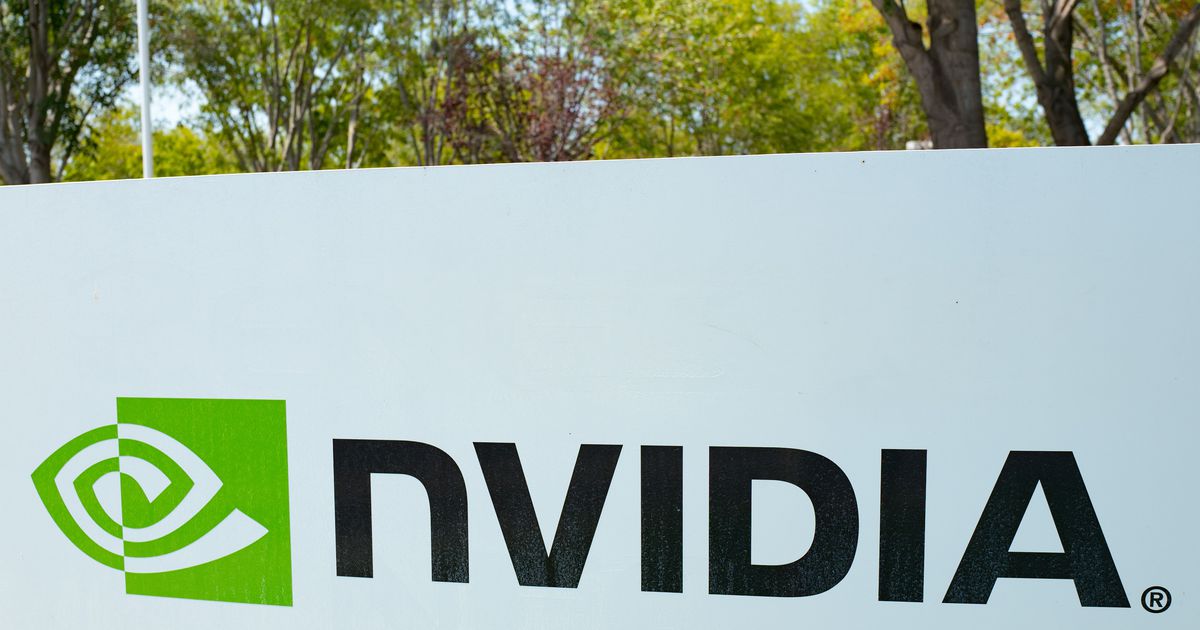Nvidia unveils new Tesla V100 GPU, DG-X supercomputer at GTC 2018

/https%3A%2F%2Fblueprint-api-production.s3.amazonaws.com%2Fuploads%2Fcard%2Fimage%2F742378%2F41a37db6-515f-4fa1-8dd4-b69787be04c2.jpg)
Nvidia has unveiled several updates to its deep-learning computing platform, including an absurdly powerful GPU and supercomputer.
At this year’s GPU Technology Conference in San Jose, Nvidia CEO Jensen Huang unveiled the DGX-2, a new computer for researchers who are “pushing the outer limits of deep-learning research and computing” to train artificial intelligence.
The computer, which will ship later this year, is the world’s first system to sport a whopping two petaflops of performance. For some perspective: A Macbook Pro might have around one teraflop. A petaflop is one thousand teraflops.
Yeah, this thing is insane.
“Deep neural networks are getting deeper and smarter and able to do more things,” Huang said in a press briefing. “As they grow in size and complexity, so do the computing needs to train them.”
Huang also announced the company has doubled the memory capability of its Tesla V100 GPU, which the company claims delivers the performance of up to 100 CPUs in one graphics processor. This isn’t the GPU in your gaming PC — it powers artificial intelligence research and deep machine learning.
A number of manufacturers including Dell EMC, Hewlett Packard, IBM, and Lenovo will roll out systems that use the GPU in the next few months, and Oracle in the second half of 2018.
So what does this mean for you?
Well, if you’re Elon Musk, you may want to prepare for the apocalypse. Equipped with these systems, researchers will be able to train smarter deep-learning AI more quickly than we’ve ever seen.
But in the near future, you’ll probably just see improvements to services that use AI, such as speech recognition and translation. The company claims that the new technologies will better enable AI to create natural-sounding speech and text, and that researchers will need less time to train such networks.
Xuedong Huang, Microsoft’s head of speech and language, said in a statement that the new V100 GPUs will “extend the accuracy of our models on speech recognition and machine translation reaching human capabilities and enhancing offerings such as Cortana, Bing, and Microsoft Translator.”
Read more: https://mashable.com/2018/03/27/nvidia-unveils-ai-supercomputer/